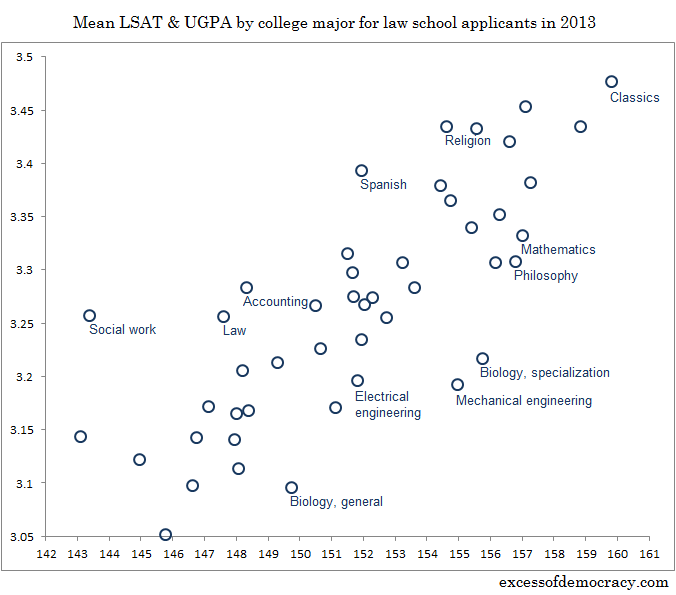Bachelor of Arts in Religious Studies
Bachelor of Arts in Religious Studies
Application instructions, admission requirements, and information about special programs are available on the Enrollment Services’ web site:
First-time Freshman
Upper-Division Transfer Undergraduates
Undergraduate Program
Bachelor of Arts in Religious Studies
Since there are not many STEM jobs actually out there, why not study something you like? “A 2014 study by the National Science Board found that of 19.5 million holders of degrees in science, technology, engineering, and mathematics, only 5.4 million were working in those fields, and a good question is what they do instead. The Center for Economic Policy and Research, tracing graduates from 2010 through 2014, discovered that 28 percent of engineers and 38 percent of computer scientists were either unemployed or holding jobs that did not need their training.” Andrew Hacker, “The Frenzy about High-Tech Talent,” The New York Review of Books (July 9, 2015 issue).
What Do You Do with a Degree in Religious Studies?
 Almost anything! Religious Studies is one of the four best majors to help you score high on the L.S.A.T. (Law School Admissions Test). Our students go on to other advanced degrees, become religious professionals, secondary and higher education teachers, librarians, educational entrepreneurs, managers or aid-workers in NGOs, writers or performance artists, business managers, and the like. William Bao Bean, an American venture capitalist in Asia, tells us that he only supports the ventures of Humanities majors because they have the critical and innovative mindset to be successful.
Almost anything! Religious Studies is one of the four best majors to help you score high on the L.S.A.T. (Law School Admissions Test). Our students go on to other advanced degrees, become religious professionals, secondary and higher education teachers, librarians, educational entrepreneurs, managers or aid-workers in NGOs, writers or performance artists, business managers, and the like. William Bao Bean, an American venture capitalist in Asia, tells us that he only supports the ventures of Humanities majors because they have the critical and innovative mindset to be successful.
Religious Studies emphasizes skills in thinking, reading and communication. A major or minor in Religious Studies enables you to relate to the religious diversity of our own society and the world. Careers that require skills like these four are at the center of our life in this new millennium. For example, Admiral Bobby R. Inman, former head of the NSA, has said this about the U.S. foreign policy establishment: “what you need are observers with language ability, with understanding of religions, [and] cultures of the countries they’re observing.”

